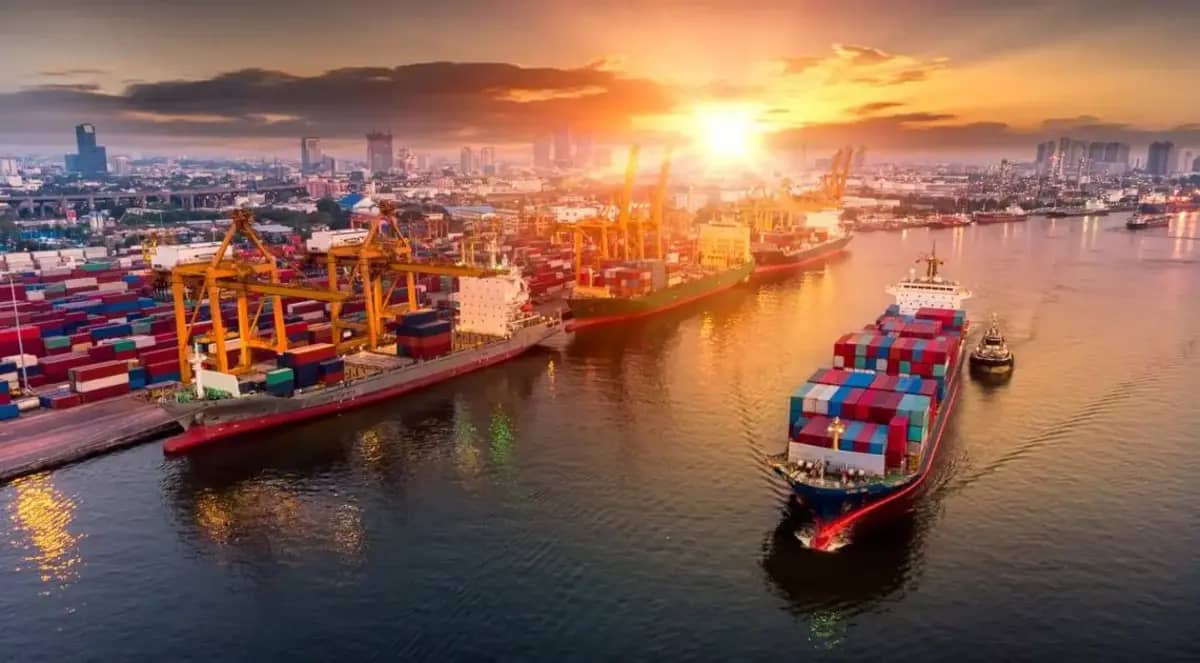
Product Liability Insurance for Imported Goods: Key Points for Thai Businesses
Importing goods can be a lucrative venture for Thai businesses, but it also comes with certain risks and challenges. One of the key considerations that businesses should keep in mind is product liability insurance. This type of insurance provides coverage in case imported goods cause harm or damage to consumers. In this article, we will explore the importance of product liability insurance for Thai businesses importing goods, along with the key considerations they need to keep in mind.
Product Liability Insurance: What You Need to Know
Product liability insurance is designed to protect businesses from potential lawsuits and financial losses arising from defective or harmful products. It provides coverage for legal costs, settlements, and judgments in case a consumer files a claim due to injury or property damage caused by a product.
The Importance of Product Liability Insurance for Thai Businesses
Imported goods can sometimes have defects or flaws that may not be immediately apparent. If these products cause harm or injury to consumers, the businesses importing them can be held legally responsible. Without proper product liability insurance, a single lawsuit can have a devastating impact on the financial stability of a Thai business.
Key Considerations for Thai Businesses
1. Understanding the Scope of Coverage
Before purchasing product liability insurance, it’s crucial for Thai businesses to thoroughly understand the scope of coverage offered by the policy. They should review the policy documents and ensure that it covers all the risks associated with their specific imported goods.
2. Evaluating the Insurance Provider
Choosing the right insurance provider is essential to ensure adequate coverage and reliable claims processing. Thai businesses should research and evaluate different insurance providers, considering factors such as their reputation, financial stability, and experience in dealing with product liability claims.
Each product has its own unique set of risk factors. Thai businesses should conduct a thorough risk assessment to identify any potential hazards associated with their imported goods. This assessment can help them determine the appropriate level of coverage needed for their specific business operations.
4. Compliance with Safety Standards
Thai businesses must ensure that their imported goods comply with all relevant safety standards and regulations. Failure to meet these standards can increase the risk of product defects and potential lawsuits. By adhering to safety regulations, businesses can mitigate the risk of liability claims.
5. Documentation and Record Keeping
Maintaining comprehensive documentation and records of imported goods is essential for establishing a strong defense in case of a liability claim. Thai businesses should keep records of product testing, inspections, and quality control measures to demonstrate their commitment to product safety.
6. Reviewing Contracts and Agreements
Thai businesses should carefully review all contracts and agreements with suppliers and manufacturers to clarify the allocation of liability. Clear and well-defined contractual terms can help protect businesses from assuming unnecessary liability for product defects.
FAQs (Frequently Asked Questions)
Q1: What is the cost of product liability insurance for imported goods in Thailand?
A1: The cost of product liability insurance can vary depending on various factors, including the type of products imported, the volume of imports, the business’s track record, and the chosen insurance provider. It is recommended to obtain quotes from multiple insurance companies to compare costs and coverage.
Q2: Can product liability insurance cover legal expenses in case of a lawsuit?
A2: Yes, product liability insurance typically covers legal expenses, including attorney fees, court costs, and settlements or judgments. However, the specific coverage details may vary depending on the insurance policy.
Q3: Does product liability insurance cover recalls of imported goods?
A3: Yes, some product liability insurance policies may include coverage for the costs associated with product recalls. It’s important to review the policy terms and conditions to understand the extent of coverage for recalls.
Q4: What types of products are typically covered by product liability insurance?
A4: Product liability insurance can cover a wide range of products, including electronics, toys, appliances, clothing, and food items. The coverage extends to both domestically produced and imported goods.
Q5: How can Thai businesses mitigate the risk of product liability claims?
A5: Thai businesses can mitigate the risk of product liability claims by implementing robust quality control measures, adhering to safety standards, conducting regular product inspections, and maintaining proper documentation of all processes and procedures.
Conclusion
Product liability insurance is an essential consideration for Thai businesses importing goods. It provides protection against potential financial losses and legal claims arising from defective or harmful products. By understanding the key considerations and taking proactive steps to mitigate risks, businesses can ensure the safety of their consumers while safeguarding their own financial stability.


